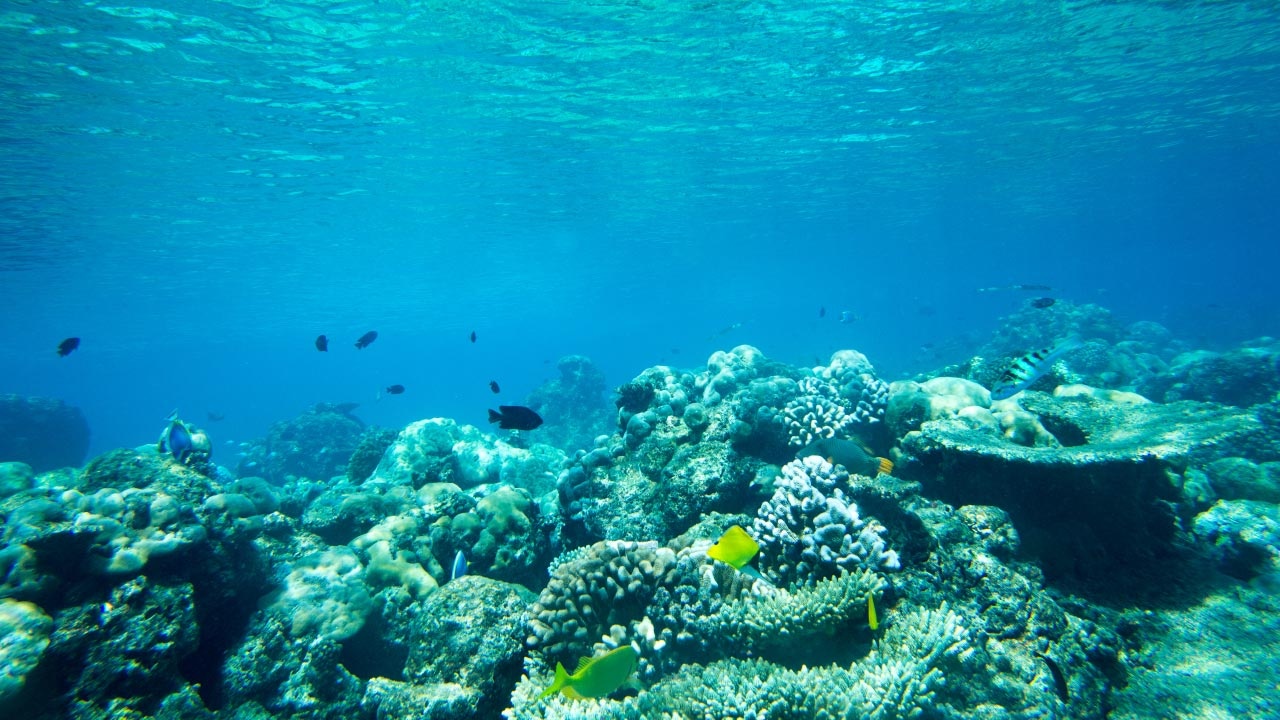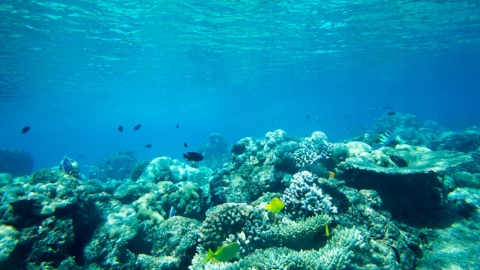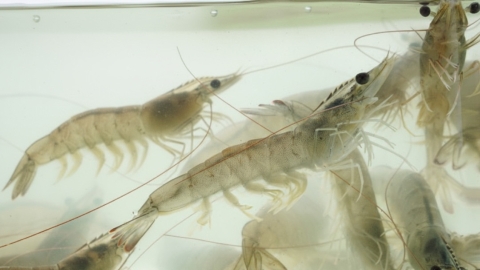
A study led by the Institute of Marine Sciences (IMC-CSIC) has revealed an unprecedent phenomenon: the presence of marine viruses in the western Mediterranean has been steadily decreasing over the past decade.
The findings, published in ISME Communications, are based on the world’s longest time series on marine viruses, compiled by the Blanes Bay Microbial Observatory in Girona, Spain.
This decline coincides with a rise in seawater temperature and transparency, together reflecting a process of oligotrophication – a progressive depletion of nutrients that is turning the Mediterranean into a cleaner but less productive environment.
Marine viruses play an essential role in regulating the ocean. Though invisible, the control microbial populations recycle nutrients, and facilitate the transport of carbon to the deep sea – a key process in global climate regulation.
Their decline, far from being good news, could profoundly disrupt marine productivity and ecosystem stability, the study’s authors warn.
“Climate change is reshaping even the tiniest ocean communities. Marine viruses are key components of the ecological machinery, and their decline could alter the balance of coastal ecosystems,” says Xabier López-Alforja, lead author of the study.
Viruses play a fundamental role in recycling nutrients and releasing them into the environment, which affects phytoplankton biomass. Lower biological productivity could translate into reduced natural food availability for fish, molluscs, and crustaceans.
Moreover, some viruses act as bacteriophages, keeping potentially harmful bacterial communities under control. Their decline could allow opportunistic bacteria to proliferate, increasing health risks in aquaculture areas.
The ICM-CSIC team is now continuing with the genetic analysis of viral samples collected over the past 20 years, aiming to determine whether the decline in abundance is also accompanied by a loss of genetic diversity.
Preliminary results suggest that this trend is not a local anomaly, but rather a widespread symptom throughout the Mediterranean basin.



